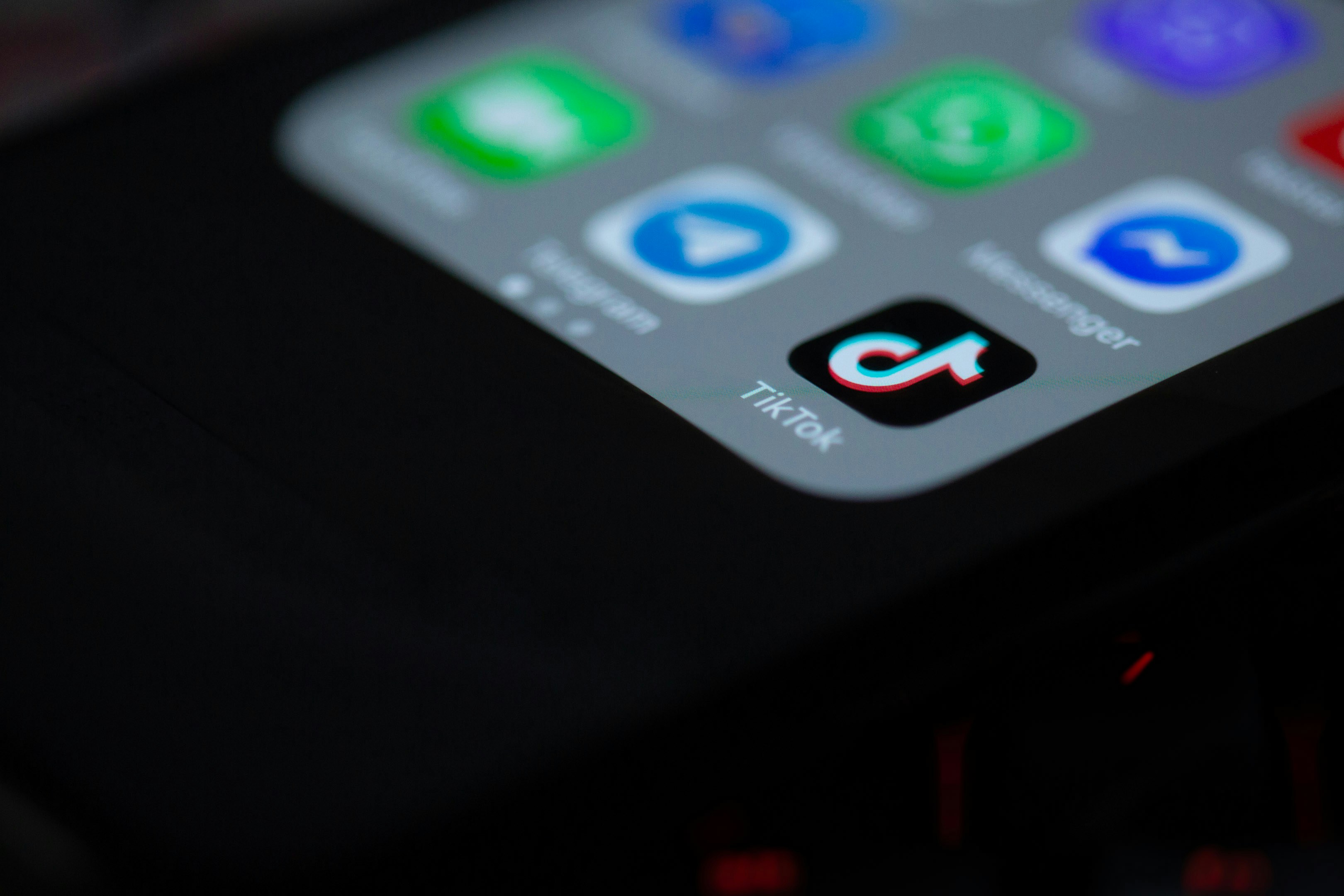Are You Chronically Online? A Checklist

We have all experienced it, whether hanging out with friends or mingling at a social event, there is always that one person whose entire conversation revolves around social media. But how do you know if you've crossed the line from being a savvy internet user to someone who is chronically online?
With social media now being such a large part of everyday life, it is to easy find ourselves ensnared in the digital web, sometimes to an unhealthy extent. From mindlessly scrolling through TikTok to binge-watching the newest hit TV show, the attachment to the online world is what society has recently coined as being "chronically online." The term chronically online is defined as: "Those who spend so much time online it skews their sense of reality." During these times, we must do our best to stay grounded in the real world.
This article will highlight five signs and symptoms of chronic online behavior with a quick checklist because, let's face it, social media has ruined your attention span.

1. How much time do you spend on screens?
It is a taboo subject that most people are ashamed to discuss: screen time. According to experts, screen time outside of work or school should be less than two hours a day. Spending three or more hours of scrolling on social media is when it becomes a problem. Given the time we spend in front of screens out of necessity for things like work and school, we must regularly find time to take breaks. However, if taking a break for you means going onto another screen and scrolling on social media, you are missing out on the point and effectiveness of said break. Instead, try doing healthy and productive things, like talking to friends or walking outside.
Additionally, consider how much sleep you get at night. Do you spend the same amount of time on technology throughout the day as you spend sleeping at night? Overexposure to blue light, the light emitted from your phone and computer screens, has many negative effects on the body, mainly impacting individuals' sleep schedules. If you find yourself fighting sleep to stay on your phone, then you should continue reading.
2. What do your conversation points consist of?
What do you talk about when you are hanging out with friends? If you talk about your days or the news, you probably are not chronically online. If you bring up something you saw on TikTok or Instagram that day, you may climb up the ladder a bit. Whether you are chronically online is also apparent in the words you use; slang and phrases learned online in your daily vocabulary are telltale signs. Examples of words and phrases that were probably picked up from social media include: "slay," "rizz," "in my ... era," "it's giving ... ," and "beige flag." Bonus points if you use one of these phrases and someone asks you to explain the meaning.
3. Do you know too much about influencers and celebrities?
Do you get excited when you see your favorite influencer or celebrity announce their engagement or pregnancy? If you said yes, that is understandable; an influencer's job is to relate to you, their audience, and push you to buy the products they are promoting. Take Alix Earle, for example, who went from an average college student to a social media influencer seemingly overnight; the public fell in love with her personality due to her relatable stories. She made her fortune by connecting with her audience. When watching these influencers, it is easy to forget that you do not actually know these people. It is wise to remember that influencers are just doing their job, and the friends you see face-to-face in daily life are much more important.
4. Have you fallen victim to a social media trend?
Whether it is a hairstyle or a clothing item, most of us have fallen victim to a social media trend; some were good, others very bad. Most of the time, you learn your lesson and realize, "maybe micro-bangs are not for me." In a time when trends last for three seconds, it is essential to try and find your own style and stay authentic to yourself. Not only does it save money and embarrassment to not participate in these trends, but it also saves you from a few identity crises along the way. If you find yourself continuously influenced by new trends, you are likely chronically online.
5. When was the last time you read a book?
When was the last time you read something for leisure? (For argument's sake, we are excluding any book you have read that was found on 'BookTok.') If it takes you a while to think of your answer, it likely wasn't recent enough, and it is time to fix that. This could be your first step in healing: go to a bookstore, find a book that interests you, take it home, and read it. You could also pick up a pop-culture magazine, to ensure you still get your drama fix; these also look great on your coffee table.
We live in a time where the scripts have flipped, and reality is an escape from social media. Social media can be so addicting, and hours of scrolling can cause feelings of isolation and loneliness. It is important to find yourself through real-world experiences and not shape yourself to fit the images you see online. Remember, most of what you see online is not reality. The only way to remind ourselves of that is to spend more time in the real world, detached from the internet. There is so much beauty in the world around us, and we miss out on it if we do not look up.





